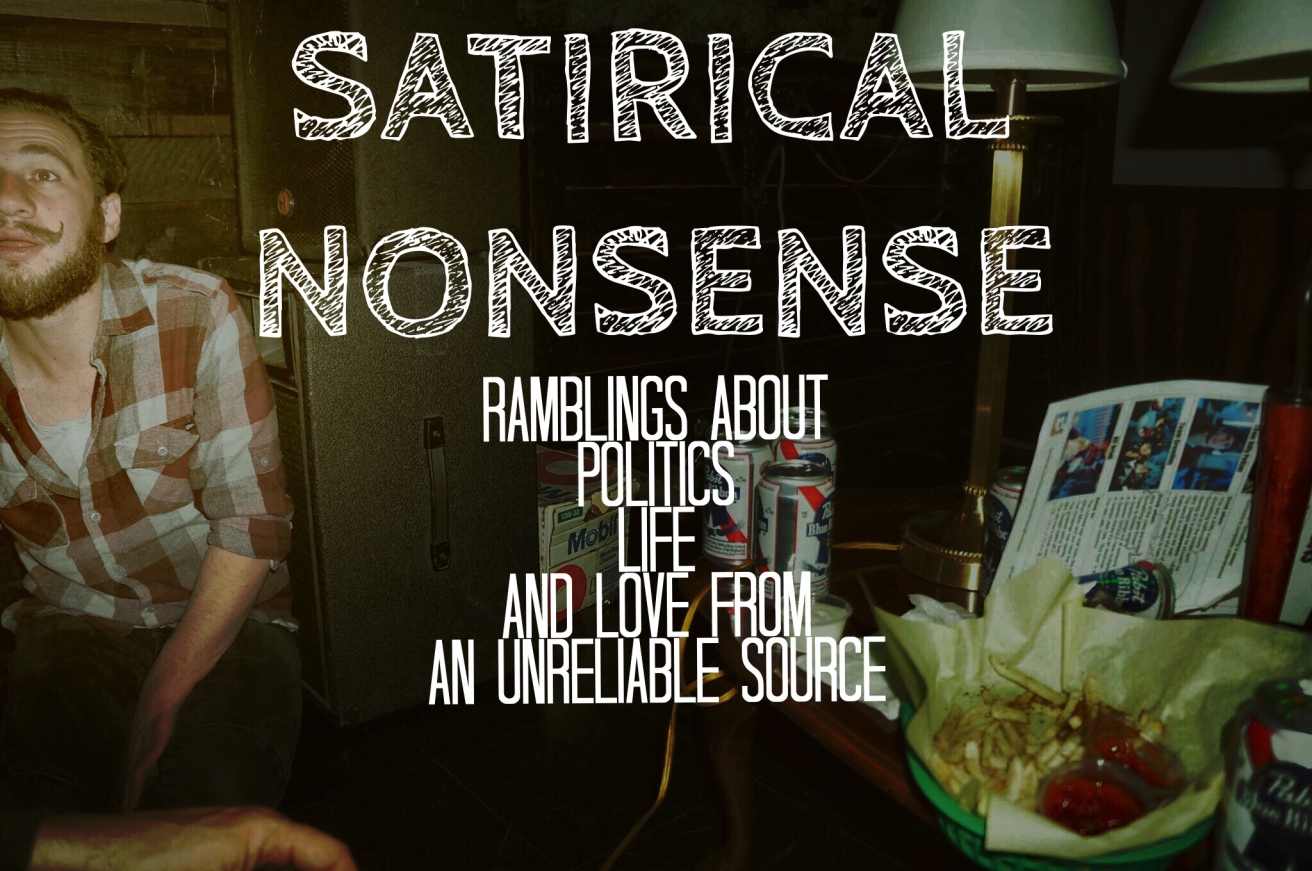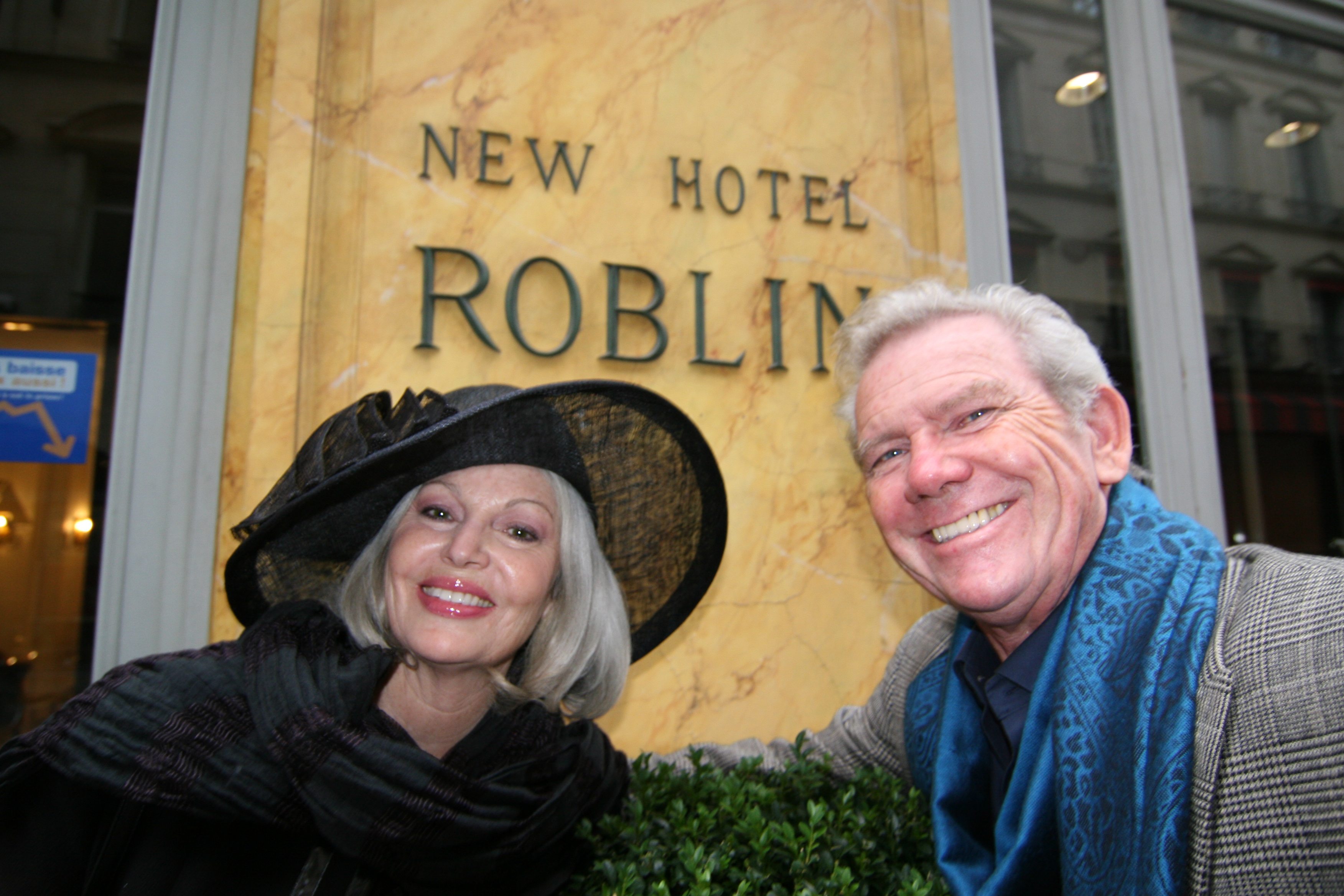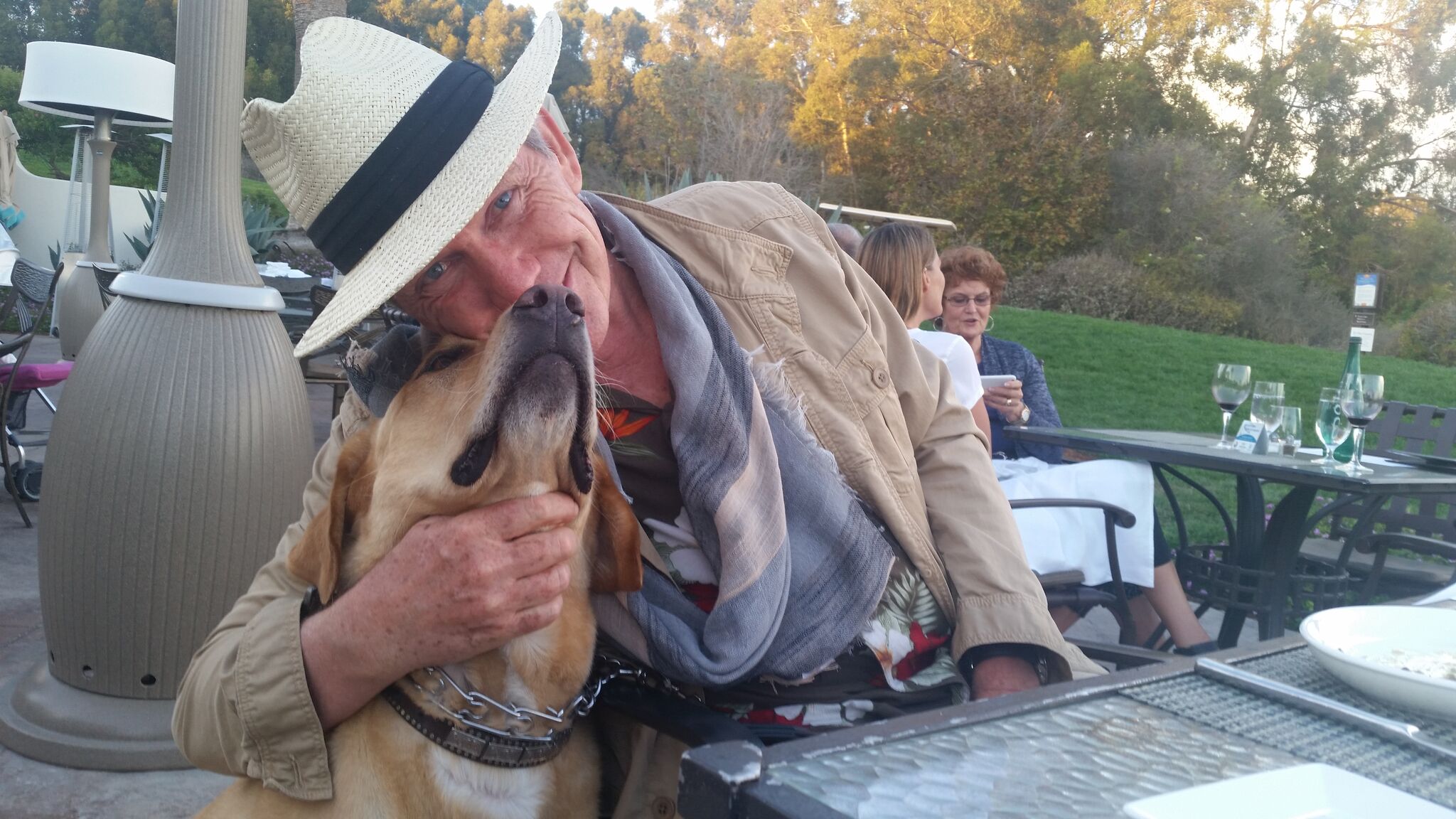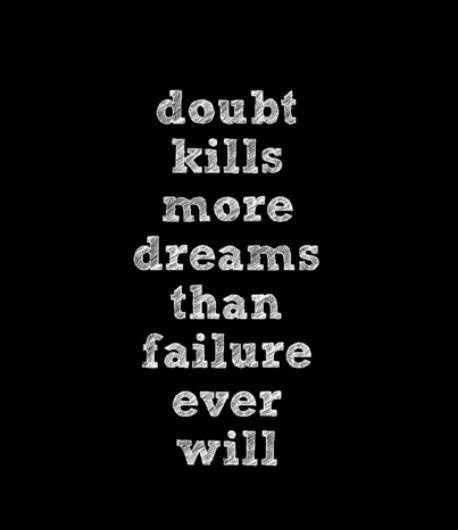
By Jake Breslauer cross-posted from Satirical Nonsense
I’ve spent a good deal of my life placing blame on things other than myself for my shortcomings. When I was an emo teenager, I blamed my parents for my over-privileged childhood that was somehow causing me misery, and found solace in Hot Topic pants and the musical genius of “The Used”. In college I blamed my professors giving me a bad grade on not letting me explore my expression as a young artist by getting drunk every night, going to class stoned, and taking power naps in between lectures. Now as a healthy adult living a moderately comfortable lifestyle, I find ways to blame inanimate objects for their shoddiness, instead of blaming myself for being a cheap, lazy bastard. My bath mat is always wet, but it’s because the bath mat is broken, not because I only bought half of a shower curtain and water sprays everywhere when I bathe.
Like it or not, we’re a society of blamers and complainers. There’s corruption in Wall Street so we blame them for draining our country dry. Yet we still buy stocks and support the interests they control. There’s a mass shooting so we blame video games and movies for desensitizing our children. Yet we still buy them the video games, fail to explain the difference between reality and fiction because it’s easier to have a screen do the parenting, and do nothing to stop the proliferation of guns. And of course, we blame Mexican cartels for bringing drugs into this country, but do very little to further drug education and treatment. We place drug addicts behind bars instead of in rehab facilities, then release them onto the streets with no prospects or skills, then act surprised when they end up right back where they started.
As millennials who can decide the future of this country, it is our duty to discuss these topics, stay informed, and be the change that we want to see. That means that sometimes you have to throw your opinion into the ether, and while it may be ridiculed, at least it will start a conversation. This is exactly what Sean Penn did. Most people by now have heard of or read Sean Penn’s article where he interviewed notorious drug lord El Chapo. For those of you who haven’t, here’s a quick recap:
Sean Penn, accompanied by Spanish actress Kate del Castillo (whom El Chapo was infatuated with) tracked down the cartel leader in his hideout and made plans to conduct an interview with him. After a few weeks they got their interview via video and El Chapo answered the questions that Sean Penn had sent him. The questions centered on El Chapo’s childhood and his view on the “War on Drugs”. It rarely addressed his brutal methods or how he’s one of the biggest supplier of drugs to America. The article was released a day after El Chapo was re-captured by the Mexican government who were quoted saying that Sean Penn’s pursuit of the fugitive was critical in his arrest. Penn has received a lot of criticism saying that his article seemed to empathize with the enemy. He has since said that the article failed, and that the public took the wrong message from it.
I was first introduced to the story while watching 60 minutes (stoned, ironically). I had not read the article yet, but was easily persuaded by Charlie Rose’s relentless attack. “How dare he try to emulate Hunter S. Thompson!” I said to myself, uneducated and incredulous. When I sat down to read the story, I did so with pen, paper, and a heart ready to judge. I was as excited as when I was a freshman theater major going to see my first professional play; ready to take notes and rip apart every aspect of the production to boost my own self-importance.
The article took me a few days to get through. Partly because I was so busy writing judgmental notes, and also I was busy writing my own masturbatory opus. As I read further into the piece though, I stopped taking notes. Sure, the writing wasn’t particularly great. To me it read like a Wikipedia page with a few vulgarities thrown in. But after I got use to his flowery writing style, I started to enjoy the story of his adventure. I see what the article was trying to do; humanizing this terrible drug dealer so we can move beyond placing blame on one person and start to look at how our country deals with our drug problem on a large scale, and one-on-one in our own families.
It’s so easy to blame someone else for our problems. Yes, there is always a ring leader. A drug lord, a pharmaceutical company, the heads at Wall Street, Donald Trump, et cetera. We’ve grown used to asking who’s at fault and forget to answer the more important question of “how can we solve the problem.” Some may say that Penn’s article failed to do its job because it didn’t directly address the drug issue, and in some ways I agree. If there’s one aspect that it was lacking, it would be an explanation of his intent. People can argue the concept that a writer doesn’t need to explain his work, but in this case I think that’s false. If he felt so strongly about getting a particular message across, he should’ve addressed that somewhere. However my hope is that articles like Penn’s start a conversation not only about the so-called “War on Drugs,” but perhaps some other issues as well.
Kudos to Sean Penn because in some respects, this experience was the essence of what journalism should be. He wanted to write this story, and he went to great lengths to achieve it. The issue of the War on Drugs is ever-prevalent, Penn wanted to talk about it, and he did so with his own voice. Was this an attempt for him to stroke his own ego? I don’t think it was. What originally read to me as copy and pasted information with an occasional story about getting drunk with El Chapo evolved into a piece with well-researched facts and his own unfiltered self thrown on a page. If Penn wanted love, admiration, and to have an establishment tell him how talented he is, he would’ve done another Oscar-winning movie. So thank you, Mr. Penn for a different type of reading experience. I look forward to reading more of your work.












